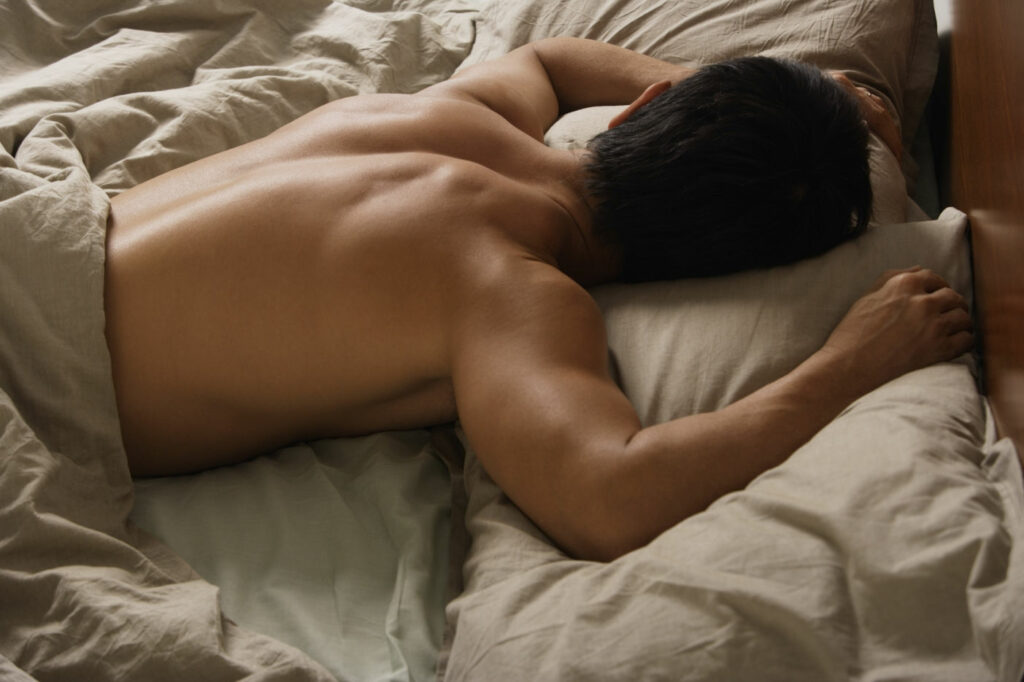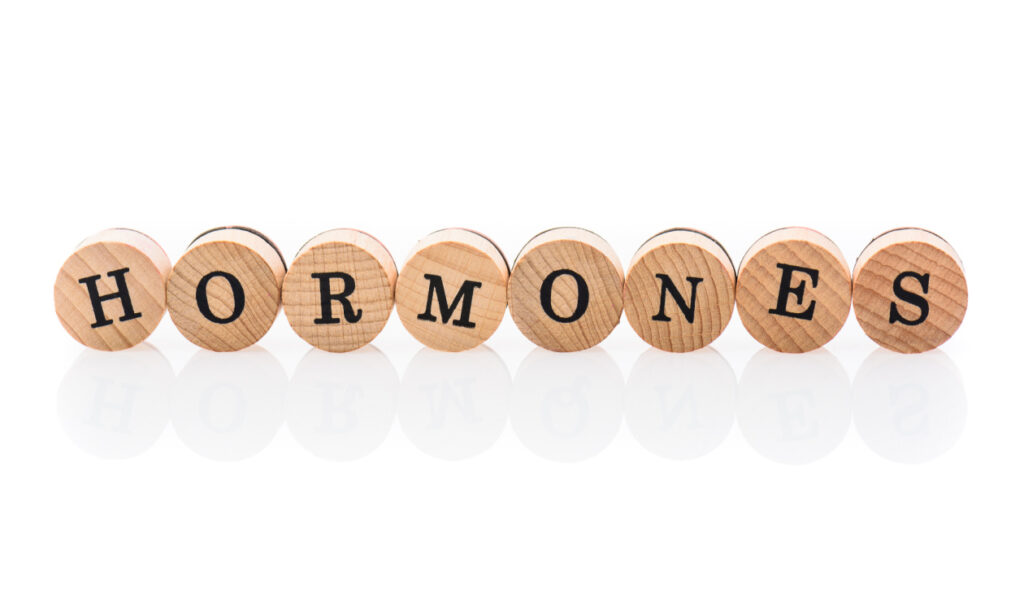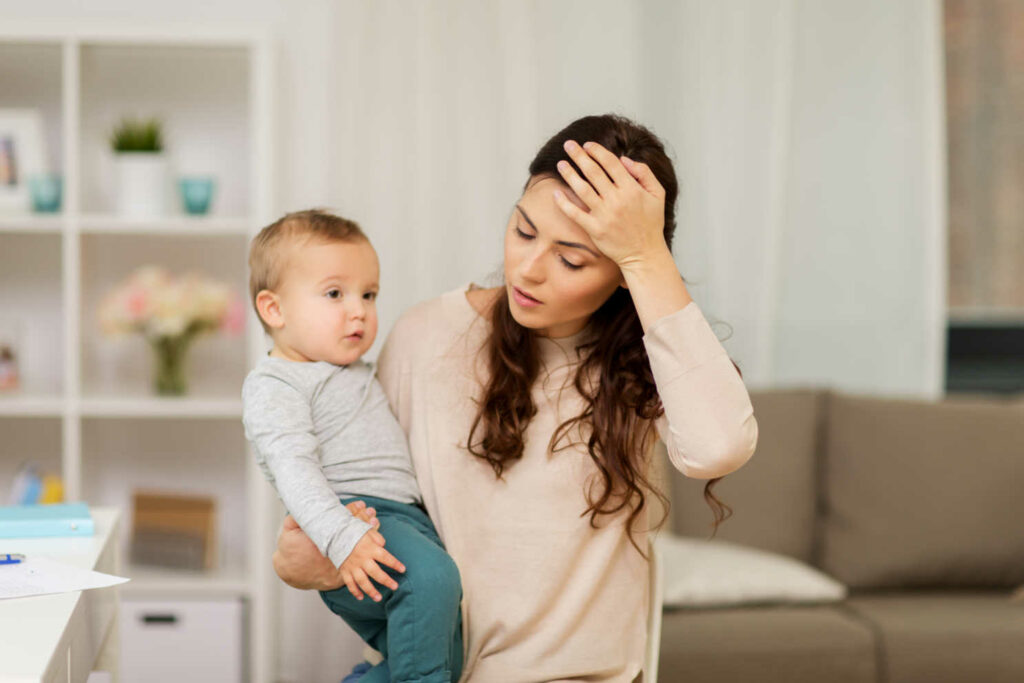How Sleep Affects Your Hormones and Vitality

Your sleep is impacting your hormones!
Yes, your hunger hormones, your growth hormones, and your sex hormones.
Recently, we hosted a workshop “Change your Sleep, Change Your Life!” to help you use sleep as a way to make all of your other goals easier to accomplish. . . including hormonal balance. If you missed the workshop, you can catch the replay here.
Everybody loves to cut back on sleep to prioritize work, fitness, Netflix, you name it. . .until they learn that it affects their hormones and libido (sex drive!) Read below for 3 Ways that Sleep Affects your Hormones and Vitality, and we promise you’ll be jumping into bed tonight.

#1. Sleep Loss Heightens Your Stress Hormones
Sleep plays a crucial role in regulating various hormones in your body. One of the most well-known hormones influenced by sleep is cortisol, often referred to as the “stress hormone.” When you don’t get enough sleep or experience poor sleep quality, cortisol levels tend to rise. Elevated cortisol levels can lead to increased stress, anxiety, and even weight gain. AND when your stress hormones are higher, it can make it harder to sleep the next night. On the other hand, a good night’s sleep helps to keep cortisol levels in check, allowing your body to better manage stress and maintain a healthy weight.

#2 Insufficient sleep drops your testosterone and growth hormone!
Both men and women produce testosterone (T) for muscle mass, bone density, and fertility (men just produce more T than women)! With good sleep, your testosterone levels start off high in the morning and slowly drop throughout the day to a low point in the evenings.
But when we fall asleep, as long as we’re not disturbed, our testosterone can cycle back up again. Without ANY sleep, we actually miss the testosterone boost entirely. And when we chronically fail to prioritize our sleep and get less than we need, our testosterone levels remain sub-optimal, sometimes on the scale of 15-20% lower if we’ve accumulated a sleep debt.
We also produce growth hormone while asleep, a hormone that is essential for tissue repair, muscle growth, and overall vitality. Similar to testosterone, our growth hormone also peaks at night during deep sleep and is blunted with poor sleep, which impacts our ability to recover from daily wear and tear.

#3. Sleep increases your fertility and libido!
Listen up, any of you who are trying to start or grow a family- prioritize your sleep! Research has found that women getting less than 7 hours of sleep per night are 15% less likely to conceive than women who consistently get 7-8 hours per night. And it’s not just the ladies who need sleep- couples in which men sleep 6 or fewer hours conceive at only 62% compared to couples in which the men are sleeping 7-9 hours per night.
And for those of you just looking for enjoyment: longer sleep in women improves libido (sex drive) : a one-hour increase in sleep corresponds to a 14% increase in the odds of next-day partnered sexual activity. While on the other hand, short sleep duration (less than 6 hours) is linked to erectile dysfunction (ED) in men.
Watch the recording of the Change your Sleep, Change your Life workshop!
Contact Us
Don’t hesitate to get in touch with any questions or feedback. We’re here to help!
Be Well to Lead Well Newsletter
Ready to find ways for you and your teams to improve well-being and performance? Join our community of forward thinking leaders by subscribing to our Be Well to Lead Well newsletter.
Register for Your Account
Register for an Account
Start the Sleep Challenge!
Schedule a Well-Being Strategy Call
Submit your information below and our team will respond ASAP!
Workplace Wellbeing Inquiry Form
Government Contracting Inquiry Form
Application
